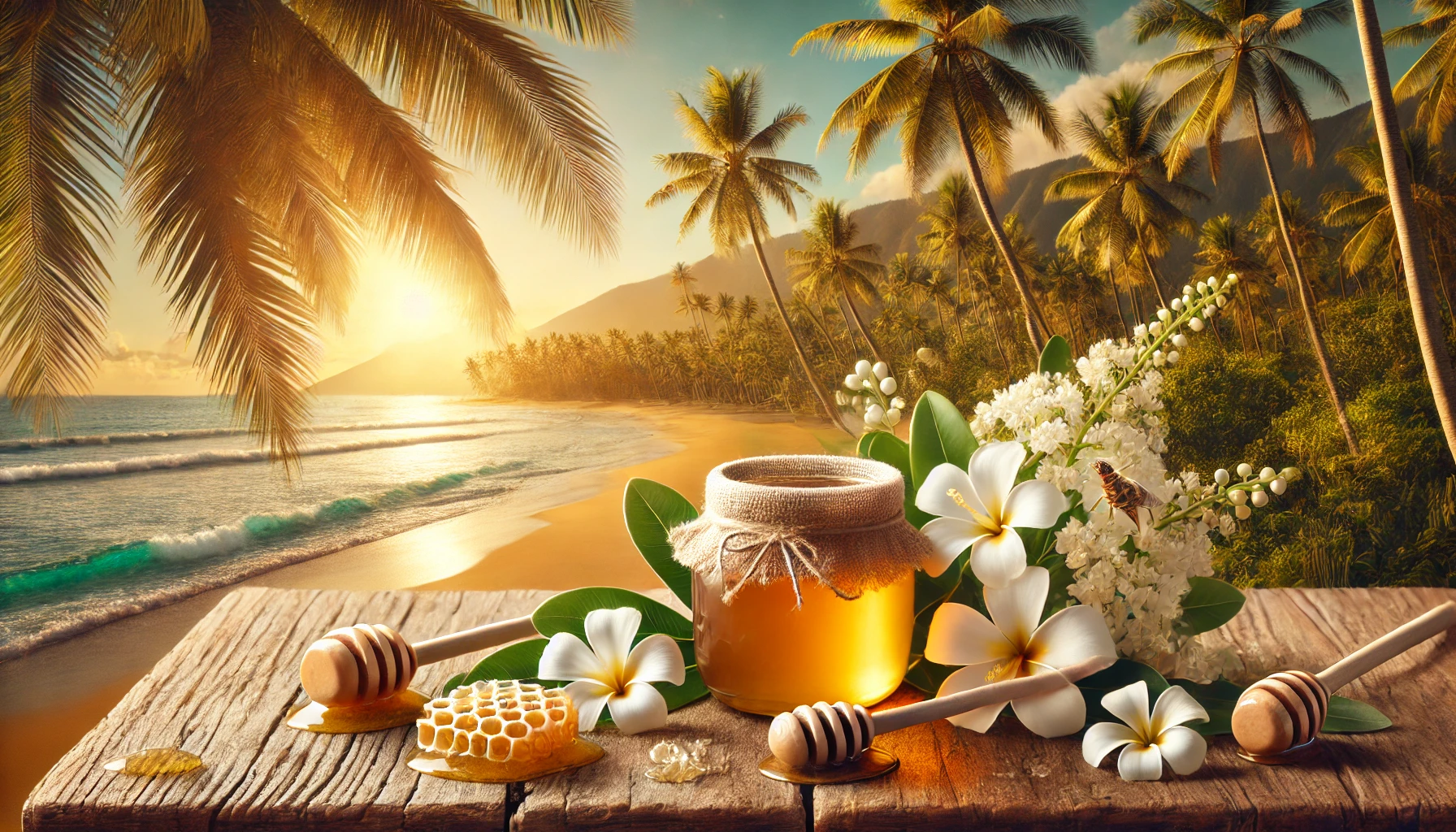In recent years, the importance of sustainable beekeeping has gained attention as environmental challenges continue to threaten our ecosystems. Hawaii, with its unique biodiversity, stands at the forefront of adopting sustainable practices in beekeeping. This movement not only supports the preservation of native bee species but also bolsters the local economy. Dive into the world of sustainable beekeeping in Hawaii and discover how these practices are shaping the future.
The Importance of Sustainable Beekeeping in Hawaii
Hawaii's diverse landscapes and climates create a rich environment for various plant species, many of which depend on bees for pollination. This makes the role of beekeeping crucial in maintaining ecological balance. However, the introduction of invasive species, diseases, and climate change poses significant threats to these vital pollinators.
Preservation of Native Bee Species
Hawaii is home to several native bee species, such as the Hawaiian yellow-faced bees, which are critical to pollinating native plants. Sustainable beekeeping practices help protect these bees by:
- Implementing non-invasive methods that minimize habitat disruption.
- Encouraging the growth of native plants that provide essential nutrients and habitat.
Economic Benefits
The beekeeping industry in Hawaii not only contributes to environmental conservation but also plays a significant role in the state's economy:
- Honey Production: Hawaiian honey, renowned for its unique flavors derived from local flora, is a premium product in global markets.
- Pollination Services: Bees are essential in pollinating a variety of crops, including macadamia nuts and coffee, which are major exports for Hawaii.
Sustainable Practices in Hawaiian Beekeeping
To ensure the long-term viability of beekeeping, Hawaii has embraced several sustainable practices:
Integrated Pest Management (IPM)
IPM uses a combination of biological, cultural, and mechanical methods to control pests with minimal environmental impact. This approach reduces reliance on chemical pesticides, which can be harmful to bees and the surrounding ecosystem.
Organic Beekeeping
Emphasizing natural methods, organic beekeeping avoids synthetic chemicals and antibiotics. This practice not only produces high-quality honey but also safeguards bee health and preserves the purity of the Hawaiian environment.
Habitat Restoration
Efforts to restore and conserve natural habitats are crucial. This includes planting native flowering plants and trees, which provide bees with nectar and pollen sources throughout the year.
Challenges Facing Sustainable Beekeeping in Hawaii
Despite the commitment to sustainable practices, Hawaiian beekeepers face several challenges:
Invasive Species
Invasive species, such as the Varroa mite, pose a significant threat to bee populations. These pests can decimate colonies if not effectively managed, emphasizing the need for vigilant monitoring and management.
Climate Change
Changing weather patterns affect flowering times and the availability of floral resources, which can lead to food shortages for bees. Beekeepers must adapt to these changes by diversifying floral sources and employing adaptive management strategies.
How You Can Support Sustainable Beekeeping in Hawaii
Supporting sustainable beekeeping is not limited to the efforts of beekeepers alone. Here are ways you can contribute:
- Purchase Local Honey: By choosing locally produced honey, you support Hawaiian beekeepers who prioritize sustainable practices.
- Plant Bee-Friendly Flora: Contribute to the habitat by planting native Hawaiian flowers in your garden, providing essential resources for bees.
- Educate Others: Spread awareness about the importance of bees and sustainable beekeeping practices.
Join the Movement
Whether you are a resident or a visitor, your actions can make a difference. Support local initiatives, participate in community events, and advocate for policies that promote sustainable beekeeping.
The Future of Sustainable Beekeeping in Hawaii
The future of sustainable beekeeping in Hawaii holds promise. By prioritizing conservation and community involvement, Hawaii sets an example for the world. The continued success of this initiative depends on the collaborative efforts of beekeepers, policymakers, and the public.
A Call to Action
Act now to ensure the survival of these vital pollinators. Every small effort counts towards creating a sustainable future for our bees and our planet. Embrace sustainable practices, support local beekeepers, and help preserve Hawaii's unique ecological heritage.
In conclusion, sustainable beekeeping in Hawaii is more than just an environmental necessity; it is a cultural and economic opportunity. By supporting these practices, we can ensure a thriving ecosystem and a prosperous future for generations to come.
